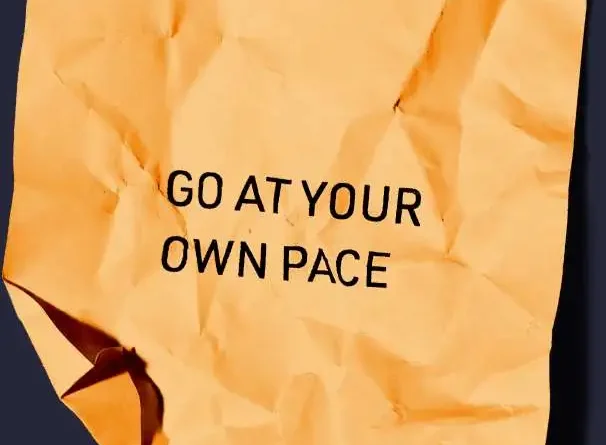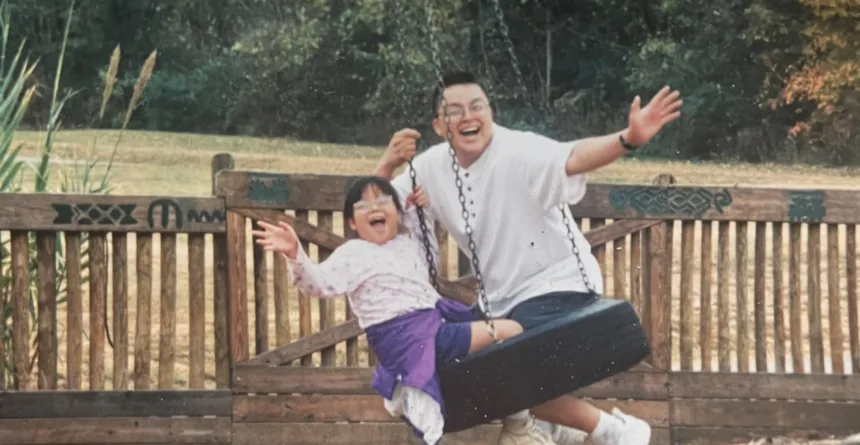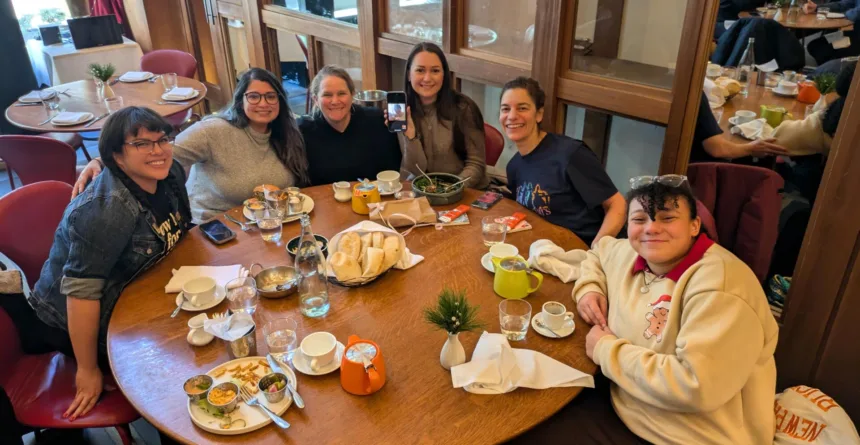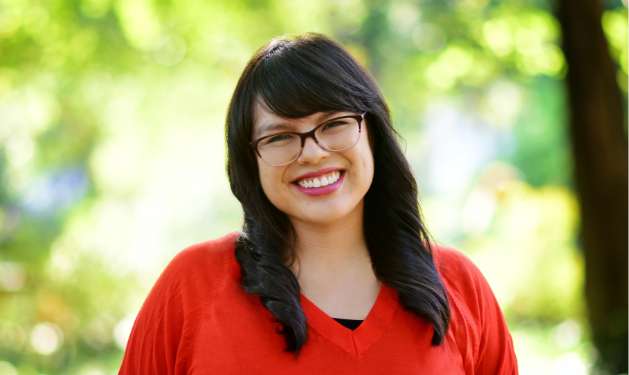LOVE IS IN THE REPAIRS: How to Use Conflicts to Strengthen Relationships
January 28, 2022
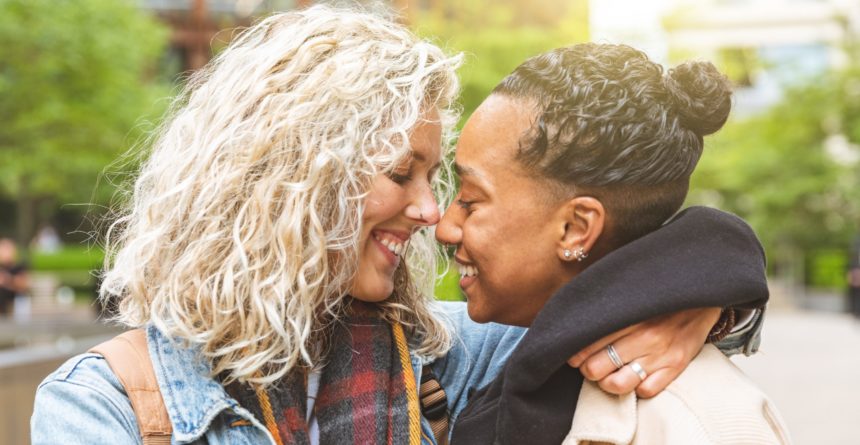
Relationship conflicts and tensions are one of the most common reasons clients seek therapy. As a therapist, I believe part of our individual healing is deeply connected to our relational healing. The deeper I get to know my clients’ struggles, the greater their awareness grows in how they learned conflict avoidance, emotional dysregulation, people pleasing, and growing resentment.
Self-awareness is the first step in learning how to use our relationship conflicts as opportunities to strengthen our individual and relational healing. When we are aware of our triggers, our emotions, and our bodily reactions while in a difficult conversation, we are better able to regulate our responses, express our needs clearly, and advocate for a break and restart in a conversation when needed.
Here are some helpful ways to begin building self-awareness:
- Identify the feelings in our bodies that make us want to fight, flee, or freeze
- Racing heart
- Sweating
- Body tension
- Shallow breathing
- Build our emotional vocabulary
- Using a feelings wheel can help deepen our emotional vocabulary
- When we’re feeling our body sensations change, ask yourself: “What am I feeling right now?” and label the emotion
Being aware of our bodies and emotions allows us to regulate ourselves. We then can feel more confident and steadier in difficult conversations to find more actionable ways to solve our conflicts. The next ingredient we need is vulnerability. Conflicts allow us to strengthen our relationships because they push us to share our feelings and body reactions with our partners.
Here are some impactful ways we can practice vulnerability:
- “I notice I’m feeling tension in my stomach because I feel too angry to have this conversation. Can we take a break and come back in 20 minutes? Let’s use that time to ground ourselves.”
- “I’m feeling really sad because I’ve felt lonely this week due to our busy schedules.”
- “Ouch, that really hurt my feelings and I feel dismissed.”
It is important to use “I statements” when we are being vulnerable in conversations. Any time we use “you always” or “you never” with our partners, we’ve derailed the conflict into hurtful criticism territory. This is where deep relational hurt can breed and grow into chronic disconnection and negative outlook on our partners and ourselves.
Vulnerability is best held in pockets of appreciation. We, and our partners, just took brave steps to be able to share some tough feelings. Showing and feeling appreciation and gratitude for this vulnerability is one of the best ways we can find closeness after conflict.
Appreciation and gratitude may sound like:
- “Thank you for sharing how you feel. I know it wasn’t easy, but I’m really glad you told me”
- “I appreciate how you’re able to really listen and hear me during these times. Thank you.”
- “We’ve grown so much in being able to have these conversations. I’m proud of us.”
When we feel close to our partners again, we are better able to work together towards actionable steps to help right the wrongs. We can find greater compromise with each other (“I’ll do A and you do B”), which leads us to feeling like a team or unit again. We also find an increased motivation to make and sustain these changes. When we feel connected, loved and appreciated in the face of a mistake or a miscommunication, we combat shame and invite true love in. Change is sustained by love, and love is healing.
If you need support to navigate your relationship differently and feel more connected, contact us at Steady NYC.
